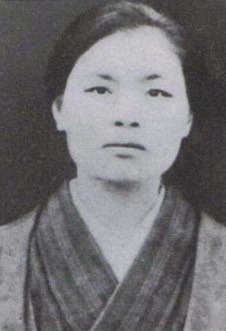News and Opinion
Osaki Midori and the Theory Complex in Japan

As many of you know, I have been working on a book about the history of film theory in Japan for quite some time. The larger project has already produced a number of articles (you can see some here, here, and here), journal reprints, lectures, and even a film theory anthology, but the book is progressing slowly. I already have a good number of sections written for the pre-war volume (it looks like it might end up being a two-volume work), but I am still working on how best to shape this for a more general audience. My former student, Naoki Yamamoto, has reworked his dissertation into a wonderful book, Dialectics without Synthesis: Japanese Film Theory and Realism in a Global Frame, but my book will not be a directed at an audience of specialists.
That’s why I was thrilled when the folks at Light Industry, the venue for film and electronic art in Brooklyn, NY, asked me to give a talk about my research. This was an opportunity to speak to a more general, but still highly interested audience. Given the pandemic, we opted for a podcast-like oral talk, and after some discussion, we opted for my discussion of Osaki Midori’s writings on film. As Tom Lamarre and Livia Monnet have already shown, Osaki’s approach to cinema is unique and fascinating, but I wanted to explore it in light of the context of film theory at the time. Since I am not an Osaki specialist, this is more a discussion of my encounter with Osaki. I preface the talk with an introduction to the problem of studying Japanese film theory, primarily because I contend Osaki, if not recognizing such problems herself, can be fruitfully understood in that context.

